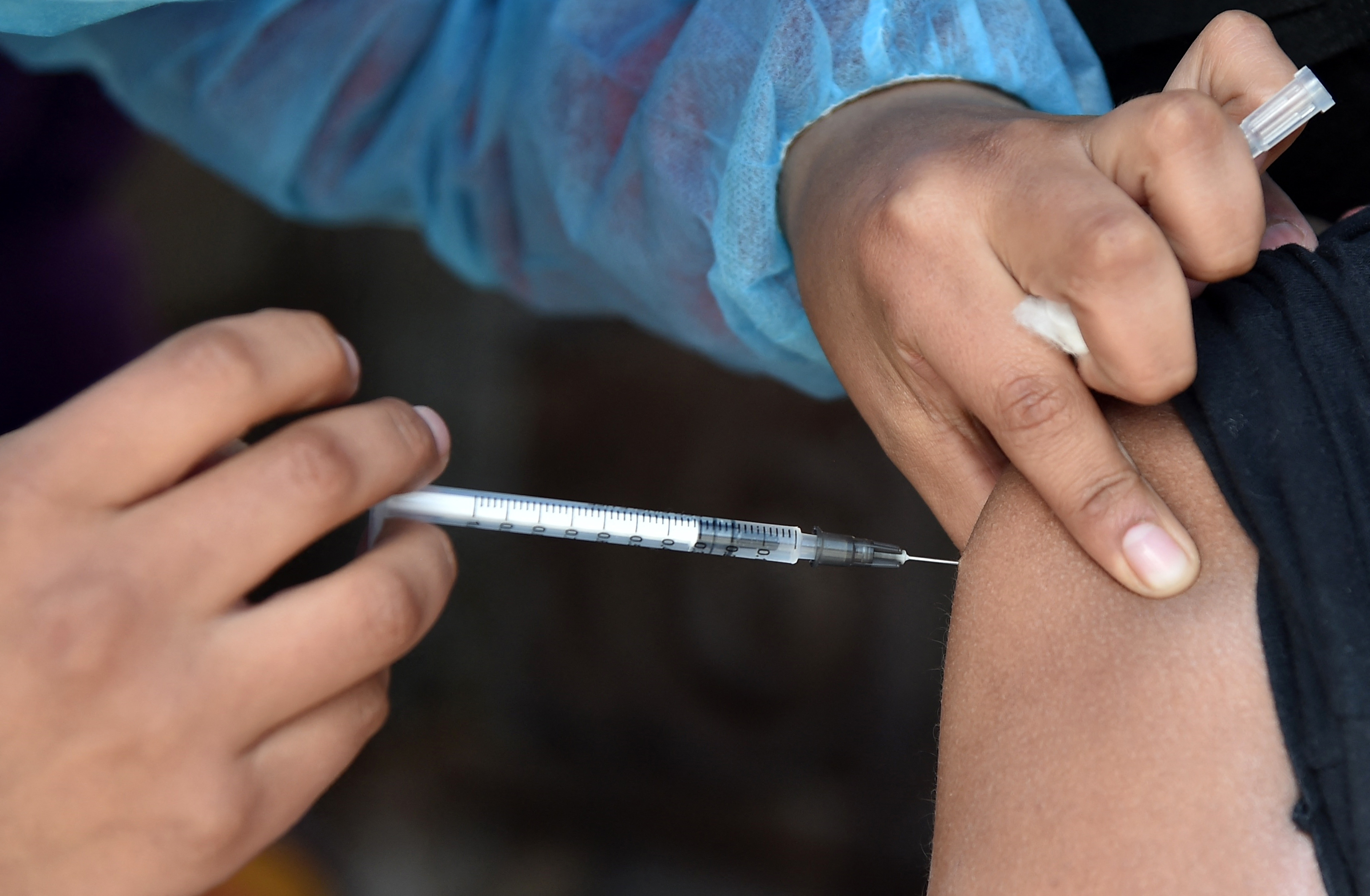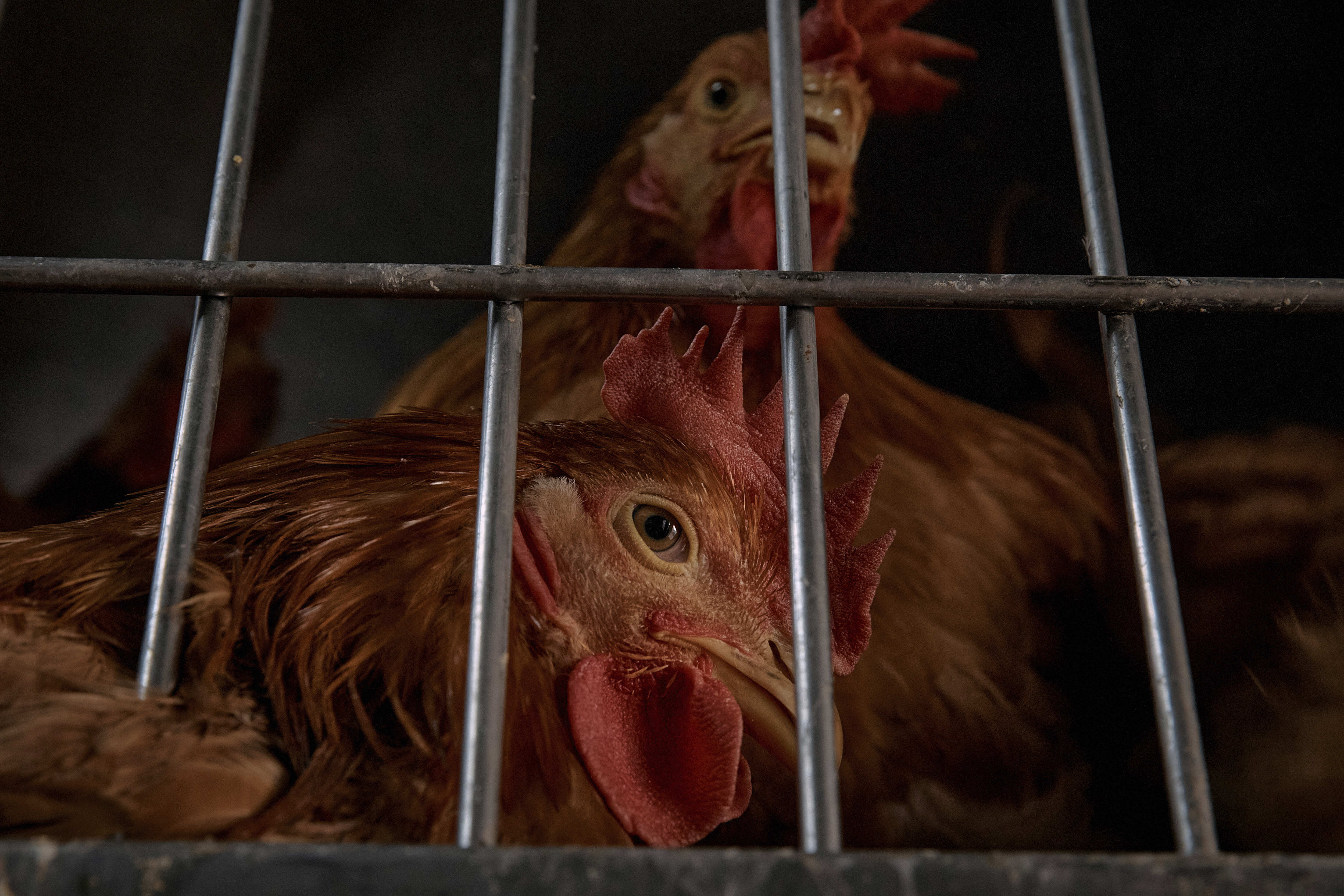
Musk ambrette, sometimes found in detergent and other scented household products, was singled out in a recent study looking at potential drivers behind the rise in early puberty.
A new study points to a possible factor in the trend of children reaching puberty at younger ages in recent decades. The first-of-its-kind research found that a common chemical, musk ambrette, used to add scent to a wide range of products, may cause the body to release puberty-related hormones earlier than it would otherwise.
The research, published in the journal Endocrinology, is the first to look at how chemicals found in the environment may affect the brain, possibly leading to early puberty, Dr. Natalie Shaw, a pediatric endocrinologist at the National Institute of Environmental Health Sciences and co-senior author of the study, told NBC News.
Watch NBC 5 free wherever you are
However, it's too early to say whether musk ambrette is definitely playing a role in the early puberty trend, experts stress — though there may be some small steps that parents can take to err on the side of caution.
Here’s what to know about the research, musk ambrette and the products that contain it.
Get top local stories in DFW delivered to you every morning with NBC DFW's News Headlines newsletter.
Puberty starting earlier in girls and boys
Research from 2020 shows that the average age of starting puberty for girls has decreased by about three months each decade from 1977 to 2013. A study from 2012 found that boys were hitting puberty anywhere from six months to two years earlier than previous research had indicated.
And a large study in May 2024 published in JAMA, which looked at over 70,000 females born between 1950 and 2005, found that the average age at which girls had their first periods has decreased, and it's taking longer on average for periods to become regular.
Health Connection
Get connected to a healthier life.
The reason behind the drop in age at which children are starting puberty has eluded experts for years. Some have pointed to the rise in obesity in children, less nutritious diets, and exposure to phthalates, a substance added to plastics, but nothing is proven.
Shaw believes that because the change in puberty onset has happened so quickly, it's likely due to "environmental factors," she told NBC News.
Starting puberty early has been linked to adverse health outcomes, such as increased risk of breast, endometrial and testicular cancers; diabetes; heart disease; obesity; and psychological issues.
Musk ambrette may play a role in rise in early puberty, new research finds
To conduct the study, the researchers looked at over 10,000 compounds using a library of licensed pharmaceuticals, environmental chemicals and dietary supplements.
They found that musk ambrette, which is a synthetic form of musk, may be able to attach to a receptor in the brain associated with puberty and prompt it to release a hormone called GnRH, which affects the sexual maturation of organs and production of sex hormones, like estrogen, testosterone and progesterone.
"The ability of these compounds to stimulate these brain receptors raises the possibility that they may prematurely activate the reproductive axis in children," Shaw tells TODAY.com via email.
There were several types of chemicals that the researchers identified that could influence puberty, including cholinergic agonists, a type of medicine, and musk ambrette.
"Musk ambrette is of potential concern for children because it can be found in personal care products. A limited number of studies in rats also suggest that it can cross the blood-brain barrier. Children are less likely to encounter cholinergic agonists in their daily lives," Shaw explains.
"It is important to conduct confirmatory studies in girls with early puberty, but these compounds deserve greater attention," she adds.
What is musk ambrette?
Musk ambrette is a synthetic form of musk. It's often used to add scent to personal care and household products or as a flavoring food additive, Michael Hansen, Ph.D., senior scientist at Consumer Reports, tells TODAY.com.
The Flavor and Extract Manufacturer Association (FEMA), a major flavor trade group in the U.S., does not give musk ambrette its "generally recognized as safe" designation. The European Union has prohibited the use of musk ambrette in cosmetics, and Canada has also restricted it.
"Exposure to (musk ambrette compounds) is also of concern because they can bioaccumulate in human tissues," Shaw explains. "Studies have detected these compounds in maternal blood, umbilical cord blood, and breast milk, highlighting potential risks for children."
What products contain musk ambrette?
A range of products in the U.S. may contain musk ambrette. According to Hansen and Shaw, these include:
- Detergents
- Soaps
- Air fresheners
- Cleaning products
- Perfumes, especially inexpensive or counterfeit fragrances
- Essential oils
- Cosmetics and other scented personal care products, like shampoos, deodorant and body wash
- Spices
- Some foods
“If I had to guess, I would suspect that the bulk of the exposure (to musk ambrette) is coming in through personal care products," Hansen says. "Since it's a fragrance, that means ... you're inhaling it. ... That goes straight into the mucous membranes (in the nose), which are far easier for chemicals to get to the brain."
What can parents do?
Some experts say it's too early in the research to suggest that parents consider taking action to reduce their children's exposure to musk ambrette, and it would also be premature to ban or restrict it, based on this research.
However, Shaw and Hansen both agree there's no harm in trying to limit kids' exposure to the chemical and its related compounds, such as musk xylene and musk ketone. And Hansen says the research ideally should lead to follow-up studies looking at musk ambrette exposure in communities more likely to experience early puberty.
In the mean time, Hansen suggests avoiding products that have musk ambrette on the ingredients label. However, know that some products that use musk ambrette may only list it as synthetic or natural fragrance or flavoring, Hansen adds.
So, you may want to consider just cutting back on scented products where the scent isn't necessary, such as lotions, shampoos and body washes.
This article first appeared on TODAY.com. Read more from TODAY here:




